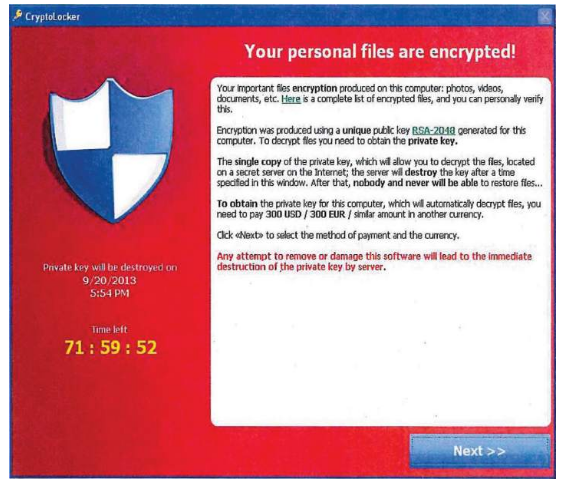 With the Obama administration striking back at supposed Russian hackers and the Trump administration raising questions, Pittsburgh continues to remain at the center of much of this discussion.
With the Obama administration striking back at supposed Russian hackers and the Trump administration raising questions, Pittsburgh continues to remain at the center of much of this discussion.
When the White House named two suspected top Russian hackers accused of meddling in the president election, it identified Evgenii Bogachev. As a suspect, he’s already familiar to federal prosecutors in Pittsburgh: They indicted him in 2014 for running the massive GameOver Zeus scam.
David Hickton, the former U.S. Attorney for Western Pennsylvania, told me that he hopes the Trump administration will keep up the push to identify foreign hackers and hold them accountable:
“This is serious business and we realized this is serious business a long time ago,” Hickton told the Tribune-Review. “It’s not something we can put aside. We need to get to the bottom of this and resolve it.”
Separately, the Independent Journal Review raises some interesting points about cybersecurity and attribution. It linked back to one of my old stories to note that there’s not really any such thing as a totally secure computer:
“Really, the only safe computer is one that’s turned off and unplugged from the Internet, and even that may not be safe,” [J. Keith] Mularski told an audience at Carnegie Mellon University on Monday evening as he and co-panelists Nicolas Christin, an information systems security expert in CMU’s Cylab, and Pittsburgh Tribune-Review investigative reporter Andrew Conte debated the pros and cons of an increasingly wired world.


Thanks for sharing. Two great articles! Pat Gable
LikeLike